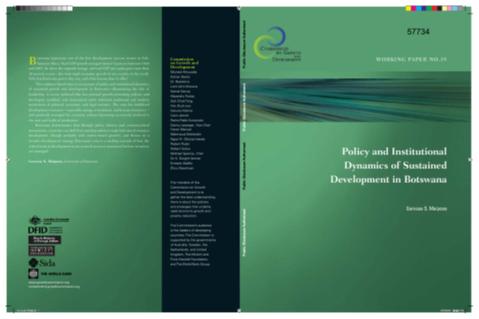Impacts of payments for environmental services on local development in northern Costa Rica: A fuzzy multi-criteria analysis
Market mechanisms for forest environmental services are increasingly used for promoting environmental conservation, and their impacts on development are of considerable interest. In Costa Rica a national scheme of Payment for Environmental Services (PSA) rewards landowners for the services provided by different forest land-uses.



